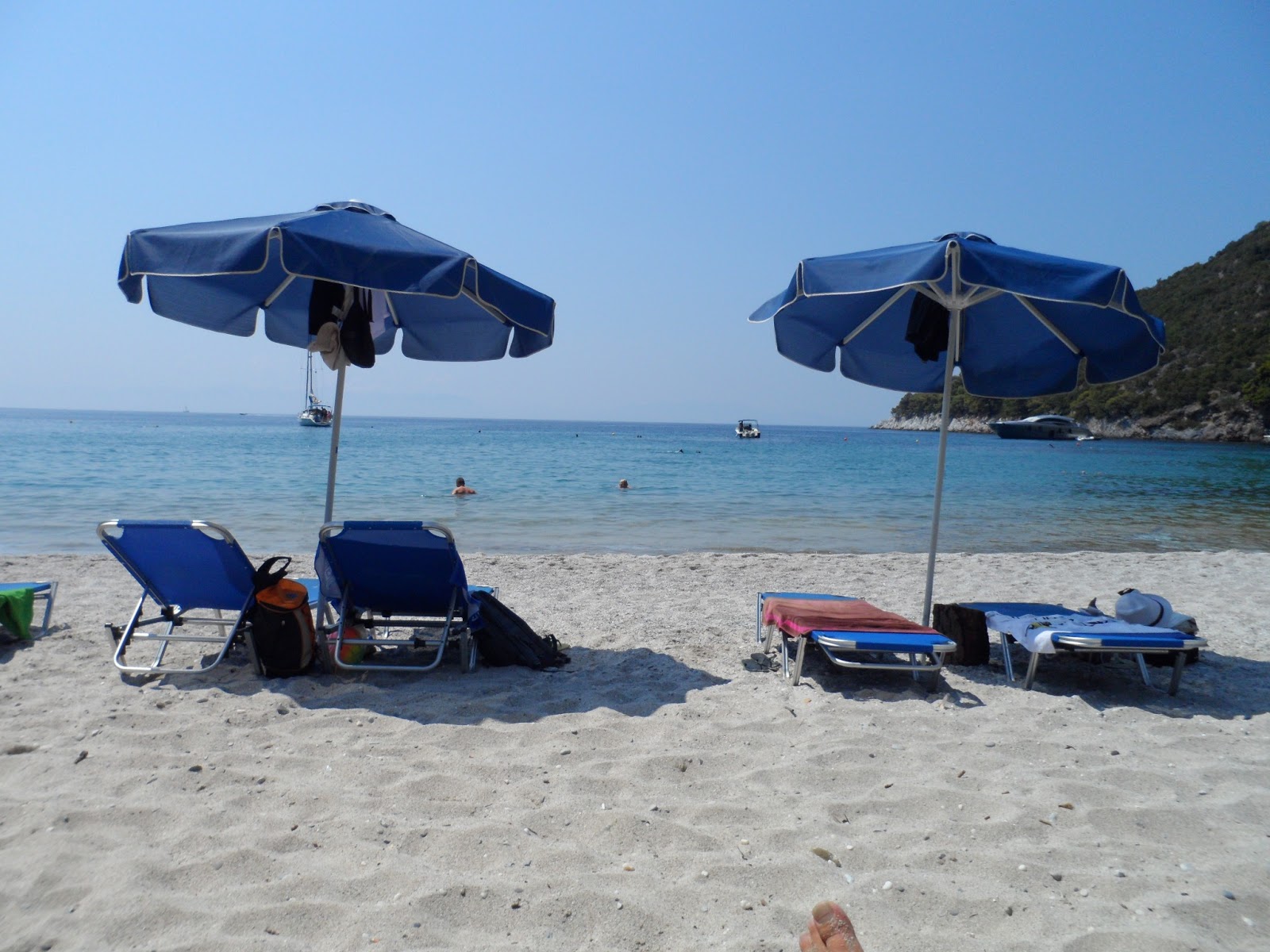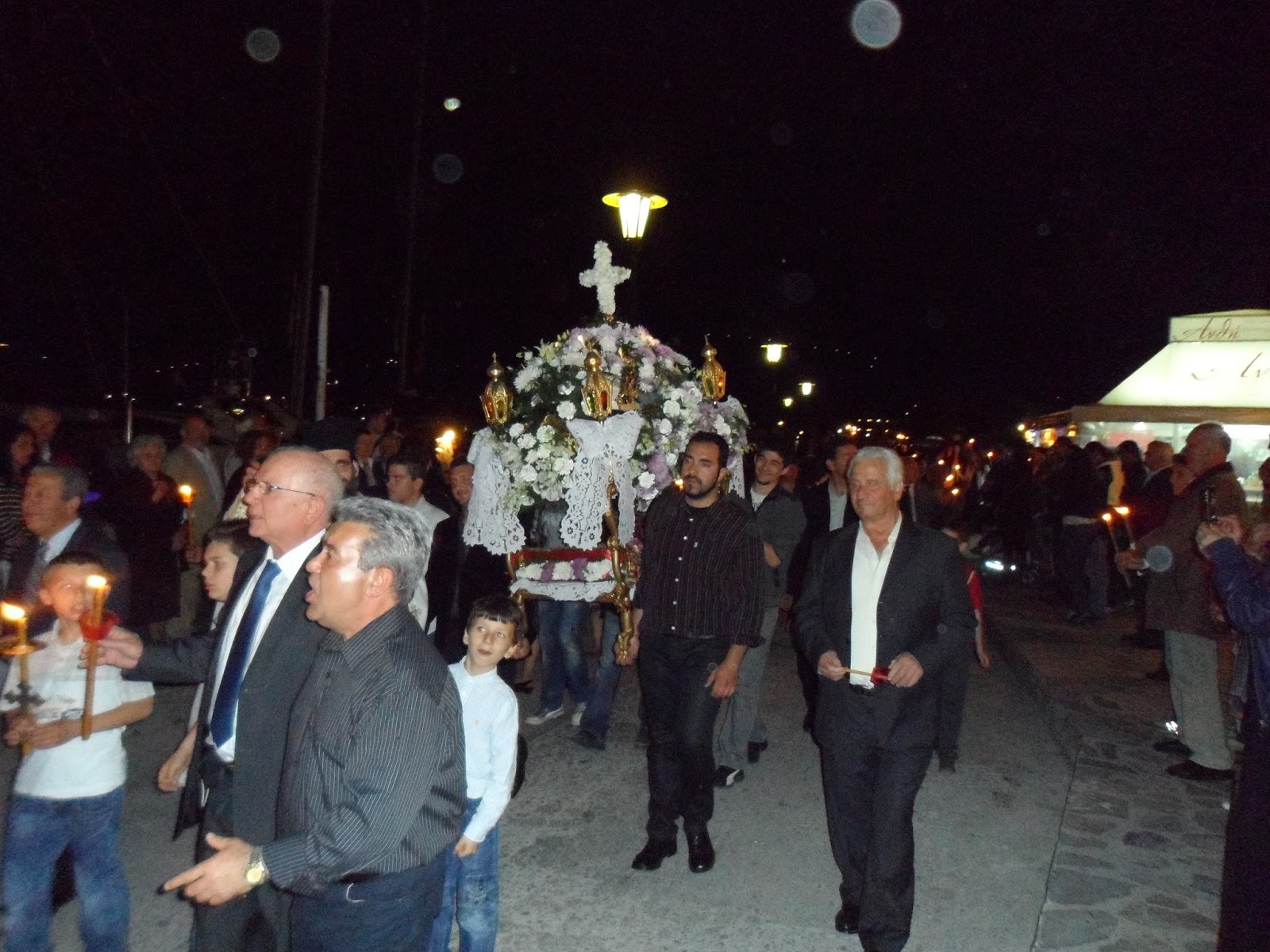 |
| The island is quiet at this time of year. |
In my life I have been asked some tricky questions, generally along the lines of "What the hell do you think you're doing?", and usually I've been able to give a good account of myself.
But since living here there is one question that leaves me tongue tied and often trying to find a way to change the subject. The question in question, as it were, tends to be along the lines of "And how do you spend your day?"
To be frank I blame the Protestant work ethic for tripping me up here. I cannot help feeling that in answer to the question "What do you do on Skopelos?" I should reel off a long list of improving tasks that I complete each day. Instead of which I reply with a few ums and ers and then go "Well, I always find something to do." This is a weak and ineffectual answer and I can see the other person thinking "Ah ha! Late riser, boozy lunch, snooze in the afternoon, evening meal, rest of the day spent slumped in front of the telly."
To counter this completely false notion (for instance we don't even have a telly) I now offer my account of a fairly typical day written with a nod to those articles in Sunday newspapers in which the great and the good explain how they pack so much in to 24 hours. Thus:
"It's winter now, so although I usually wake at about 6am I lie in bed waiting for it to get light enough to take the dog out and listening to the bloody cockerel going on and on. As soon as I judge it to be daybreak, I stagger downstairs to be greeted by black Labrador Bonnie, who is keen to get on with things. But before I can do that I have to deal with three raucous cats who have gathered outside the kitchen door and are determined to be fed.
 |
| Bonnie considers entering a monastery. |
Then it's off, usually to some nearby woods, to let Bonnie have a run. During the course of this walk, I might well collect pine cones which make wonderful firelighters. On the drive back I am likely to encounter at least one herd of goats on the road. Giving the goatman a cheery wave, I steer my way through the herd. I used to wait for them to clear the road, but realised this is not the Greek way. With care and determination you will find a way through that does not involve running over livestock.
Once back home I feed Bonnie and usually let out Kevin the endangered cockerel to have the run of the land on his own. He used to be with all the other chickens, but they were attacking him and so he now lives in isolation. The other chickens will come out when Kevin, who is not the crowing cockerel, is safely back in his own quarters. Recent experiences have led me to have a rather jaundiced view of chickens, they are not my favourite creatures.
Then it's a leisurely breakfast for me, during which I read. My other half is not a morning person so breakfast is a solitary occasion, hence the reading.We probably both prefer it that way. Often just before breakfast I'll spend a little time using my Greek language CDs. I am confident that if I live to be 100 I should be quite fluent.
Usually by this time herself has arisen and come downstairs for her first cup of coffee, cigarette and initial inspection of the garden. There is a clear division of labour here. She gardens, I bask in its glory.
We then move on to one of the trickiest jobs of the day - deciding what we shall have for our evening meal. In the summer it is easy enough to eat out, but during the winter there is only a handful of tavernas open and going out means leaving the warmth of a log fire so we plot a tasty dish for the evening and then go out to buy supplies.
It is then that one of the most important lessons of island life is reinforced. If the weather is bad and boats can't get through then some food stocks are going to run low and our "best laid plans gang aft agley". This requires a rethink on the food front, all of which takes time. I should add here that we have never gone hungry and we do eat well, but you have to like what you get, rather than expect to get what you like.
While out we might stop off for coffee, which in Greece is not a hurried thing, or bump in to friends and exchange news. This, too, cannot be done quickly. Topics to be addressed will be the weather, what vegetables they have growing in their garden, places they have eaten and what said meals were like, pet welfare and will the boat get in? Depending on the time of year, other topics might include family visitors heading for Skopelos and the scandalous prices charged by airlines for flights to and from the UK.
By now it will be early afternoon, so time for a light lunch. Not too light, though, food is important here. This is likely to be followed by more reading and maybe, just maybe, a short siesta, although these are better left for the hot afternoons of summer.
Currently, we are trying to learn French if for no other reason than we think it's a good thing to do and I am acutely aware that I didn't make the most of the opportunity I had to learn the language when I was at school.
 |
| A rare moment of peace from the cats as they stuff themselves. |
As the afternoon goes on, it's time to take Bonnie out again while fending off ravenous cats. There is also the question of lighting the fire. Having a log fire is a great thing, arguably better than the telly on most nights, but if you have an open fire you have to learn its ways and prove your commitment otherwise it will smoke sulkily and then go out. You've guessed it, all this takes time.
The evening is spent eating, listening to The Archers online and surfing the net looking for pictures of dogs with funny faces or cats sleeping in odd locations. There is also more reading to be done and tackling the fearsome Times Jumbo Cryptic Crossword. By now you should be getting some idea of just how packed the day is. I roll in to bed around 11.30pm when I read some more and then turn off the light, pausing only to count my blessings, which I know are many.
"
So there you have it, my "Day In The Life" and I haven't even mentioned chopping wood, rescuing cats from trees, or chasing chickens off the flower garden before they eat all the seedlings. Not to mention staring out of the window at the house over the road and wondering when it will be finished (not any time soon, the most work that has been done on it since we've been here followed a direct hit by lightning).
Anyway, in answer to the question "How do you fill your day?" rest assured I
always find something to do.






















.PNG)







.jpg)
















